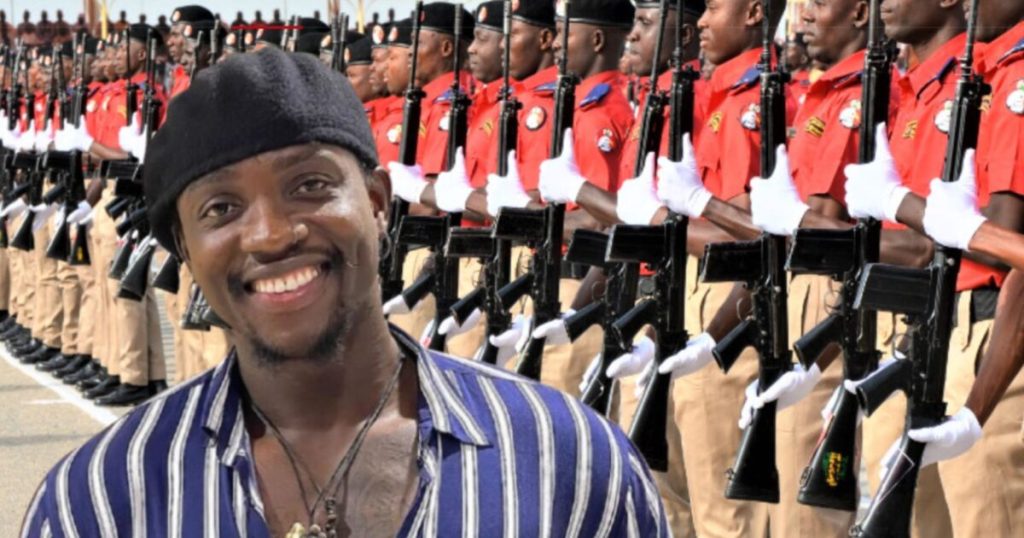The arrest and continued detention of social media activist Martins Vincent Otse, better known as VeryDarkMan, by the Economic and Financial Crimes Commission (EFCC) has sparked significant controversy and drawn condemnation from various quarters, particularly from former Vice President Atiku Abubakar. Atiku has characterized the arrest as a blatant manifestation of the growing authoritarianism under President Bola Tinubu’s administration, accusing the government of weaponizing security agencies to silence dissenting voices and intimidate critics. The EFCC confirmed the arrest, citing cyberstalking allegations from several individuals as the basis for their action. However, the lack of formal charges against Otse has raised concerns about due process and fueled allegations of political motivation behind the detention.
Atiku’s criticism centers on what he perceives as a systematic pattern of suppressing fundamental freedoms under the Tinubu administration. He argues that the government is increasingly targeting individuals who express dissenting views or align with the political opposition, while simultaneously shielding loyalists facing credible corruption allegations. This perceived double standard, according to Atiku, undermines the principles of justice and fairness and erodes public trust in the government’s commitment to upholding the rule of law. He contends that the arrest of VeryDarkMan is not an isolated incident but rather a continuation of a broader trend of stifling dissent and suppressing freedom of expression.
The former Vice President’s statement underscores the growing tension between the government and its critics. Atiku portrays the Tinubu administration as increasingly intolerant of opposing viewpoints, resorting to tactics of intimidation and repression to silence dissenters. He warns against the normalization of such state-sponsored repression, emphasizing that it poses a grave threat to democratic values and the fundamental rights of citizens. Atiku’s strong condemnation of the arrest reflects a broader concern about the trajectory of the current administration and its potential impact on the democratic landscape of Nigeria.
The arrest of VeryDarkMan has brought to the fore the delicate balance between national security concerns and the protection of fundamental human rights. While the government has a legitimate interest in addressing cyberstalking and other forms of online harassment, critics argue that the EFCC’s actions in this case appear to be politically motivated and aimed at silencing a prominent critic of the administration. The lack of formal charges and the perceived selective application of the law lend credence to these concerns. This incident raises important questions about the appropriate use of state power and the potential for abuse when security agencies are perceived as tools for political persecution.
The controversy surrounding VeryDarkMan’s arrest highlights the increasing role of social media in political discourse and the challenges posed by online activism. Social media platforms have become important spaces for citizens to express their views and hold their leaders accountable. However, the anonymity and reach of these platforms can also be exploited for malicious purposes, including cyberstalking and the spread of disinformation. The government’s response to such online activities must be carefully calibrated to ensure that it addresses legitimate security concerns without unduly infringing upon freedom of expression and other fundamental rights.
The ongoing detention of VeryDarkMan without formal charges underscores the urgent need for greater transparency and accountability in the actions of security agencies. The lack of clear legal justification for his continued detention raises concerns about the potential for abuse of power and the erosion of due process. A robust and independent judiciary is essential to safeguarding the rights of individuals and ensuring that the government operates within the bounds of the law. The international community and human rights organizations have a crucial role to play in monitoring the situation and advocating for the protection of fundamental freedoms in Nigeria. The case of VeryDarkMan serves as a stark reminder of the fragility of democratic institutions and the constant vigilance required to safeguard them against authoritarian tendencies.


